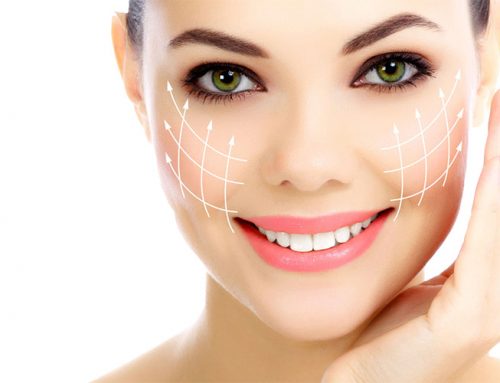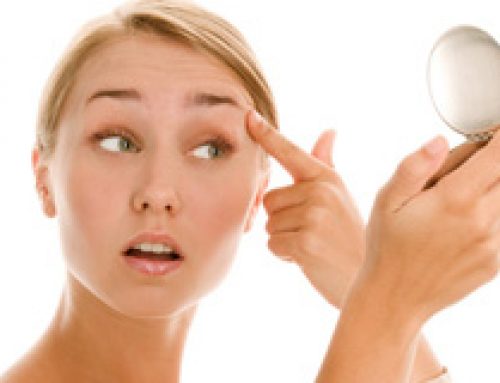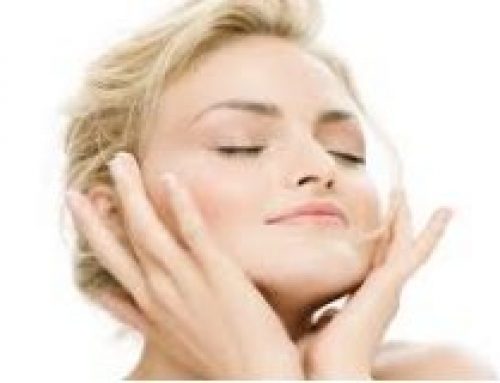If you have a medical background, I believe you are best placed to offer non-surgical injectable treatments. I believe this, the Independent HealthCare Advisory Service (IHAS) believe this, reputable insurance companies believe this and so do the clients and medical practitioners I have asked.
This is why I find it very strange that aesthetic practitioners are outraged that non-medical people are performing aesthetic treatments, and yet I have come across aesthetic practitioners who have allowed a non-medical person (in this case a sales rep) to inject them! Although this person isn’t a service provider, better regulation may have prevented this from happening.
These treatments of course didn’t end in great results. If the problem had occurred with a medical practitioner, it could have been corrected speedily and appropriately. The problem lies with the person who administered the filler, who lacked the expertise and who subsequently couldn’t put the problem right. In this case, the person was unable to administer the hyaluronidase, let alone obtain the prescription.
 |
 |
| Following treatment by non-medical person | After, thankfully resolved |
Due to the lack of education for ‘Joe Bloggs’, clients are not asking for practitioner’s qualifications and as a result, it seems that more beauty therapists are also trying to offer non-surgical injectables.
I found an article whilst training in Solihull last week that disputes the fact that only medical professionals should inject. They believe that as long as beauty therapists are trained in anaphylaxis and first aid, then they have sufficient training to deal with any reactions. Surely not having the knowlegde and experience to deal with complications, regardless of whether a practitioner is medical or not hinders their ability to care appropriately for their clients, especially in the case of anaphylaxis and overcorrection, where a prescription drug is required
Source: Chantalle Coombes




Leave A Comment